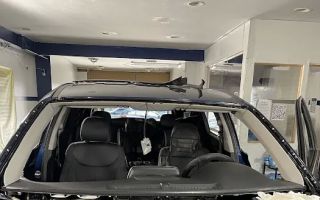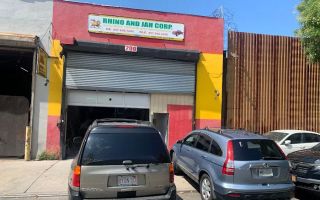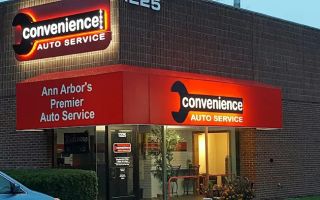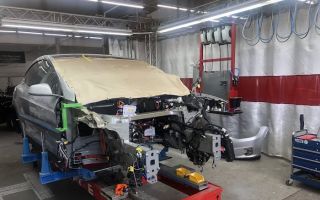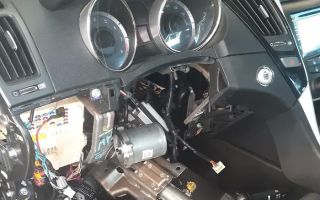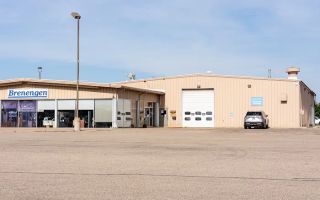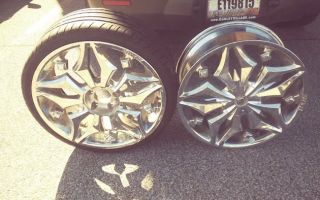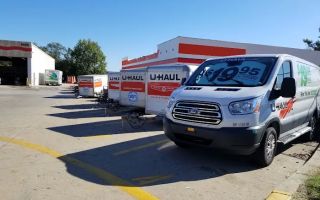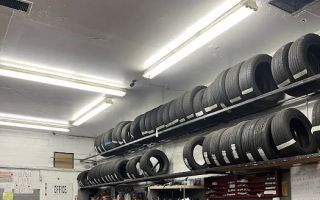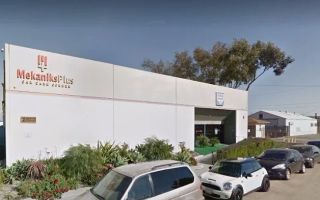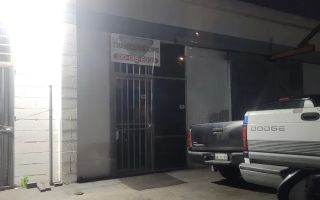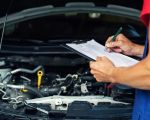What to Do If Your Car Catches Fire on the Highway: A Step-by-Step Guide
It’s one of the most frightening scenarios any driver could face – your car suddenly catches fire on the highway. The sound of crackling, the smell of smoke, and the panic of realizing your vehicle is engulfed in flames can overwhelm anyone. But in these critical moments, staying calm and knowing exactly what to do can make all the difference. Here’s a comprehensive guide on what to do if your car catches fire while driving, and how to handle this dangerous emergency safely.
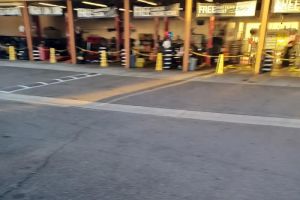
Firestone Complete Auto Care
1933 N Placentia Ave, Fullerton, CA 92831, USA
1. Recognize the Signs of a Car Fire
Not all car fires start suddenly or dramatically. Some can begin with small, subtle signs that could easily go unnoticed. Recognizing these signs early can prevent the situation from escalating. Common indicators of a potential fire include:
- Smoke coming from the engine or undercarriage
- Unusual smells, such as a burning rubber or electrical scent
- Flames or flickering lights coming from your vehicle’s exhaust system
- Unexplained dashboard lights, such as the check engine light, flickering or flashing
If you notice any of these signs, take immediate action to avoid a full-blown fire. While the vehicle may seem fine at first, it’s important not to dismiss any unusual behavior when driving. Even the smallest amount of smoke or heat can signal a more serious issue.

Pick Your Part - Help Yourself
1232 Blinn Ave, Wilmington, CA 90744, USA
2. Safely Pull Over and Stop
The first and most critical step when you see smoke or flames is to safely pull over to the side of the road. Turn on your hazard lights to alert other drivers, and pull as far off the highway as possible. Choose a flat area away from trees, grass, or any flammable materials. If you are on a busy highway or have trouble pulling off safely, try to signal to others to give you space.
Once you’ve safely stopped, turn off the engine immediately. This cuts off the fuel supply, which may help slow the spread of the fire. Keep the vehicle in park, and don’t attempt to open the hood unless you are well prepared and have the necessary equipment to do so safely.
3. Evacuate the Vehicle
Don’t waste any time. As soon as you stop, evacuate the car. Do not attempt to retrieve any personal belongings or remain inside the vehicle. If you’re on a busy road, get out of the car as quickly as possible and move a safe distance away, at least 100 feet, or as far as you can from the vehicle.
If you’re with other passengers, make sure everyone exits the car in an orderly and quick manner. Everyone should exit from the same side of the vehicle, away from traffic if possible. If you have children or pets, remove them first, but don’t take unnecessary risks trying to retrieve things from the car.
4. Call Emergency Services
Once you are safely away from the vehicle, call emergency services immediately. Provide the dispatcher with as much detail as possible, including your location (mile marker or road exit), the condition of the vehicle, and whether there are any injuries. The sooner firefighters and first responders are alerted, the better the chances of minimizing the damage to your car and preventing the fire from spreading.
5. Avoid Using Water
It may seem like a natural instinct to try and put out a fire with water, but this is a huge mistake. Car fires, especially those that involve gasoline or electrical components, can be made worse by water. Water can cause flammable liquids to spread, making the fire even more dangerous.
If you have a fire extinguisher on hand, use it only if the fire is small and manageable. A class ABC fire extinguisher is most effective for vehicle fires. However, if the fire is too large, it’s safer to wait for professional help and stay at a safe distance.
6. Prevent Future Fires with Proper Maintenance
While it’s impossible to predict when a fire might occur, there are several steps you can take to minimize the risk:
- Regularly check your car’s engine: Ensure that there are no oil leaks or damaged fuel lines.
- Maintain the electrical system: Faulty wiring or electrical issues can cause fires, so ensure your car’s wiring is in good condition.
- Keep the engine clean: Remove any debris, leaves, or dirt that could easily catch fire if exposed to heat.
- Invest in fire safety equipment: Consider keeping a fire extinguisher in your car, especially if you’re prone to long drives in remote areas.
7. What Happens After the Fire?
If your car does catch fire, the aftermath can be devastating. It’s important to have a plan for dealing with the insurance claim and finding a reliable towing service. Once the fire has been extinguished and the fire department has cleared the area, the next step is to arrange for your car to be towed to a trusted auto shop or dealership for an assessment.
It’s a good idea to contact your insurance provider right away and inform them of the situation. Depending on the extent of the damage, you might be able to recover some of the costs associated with repairs or replacement of your vehicle.
8. Choosing the Right Towing Service
If you find yourself stranded on the highway due to a fire, choosing the right towing service is essential. Look for a professional, well-rated company with experience in handling vehicle fires and the necessary equipment to transport your car safely. Rescue & Towing offers a reliable service with experienced professionals who can help you navigate this stressful situation.
Always check reviews and ratings before selecting a service to ensure you’re getting the best help possible when you need it most.

